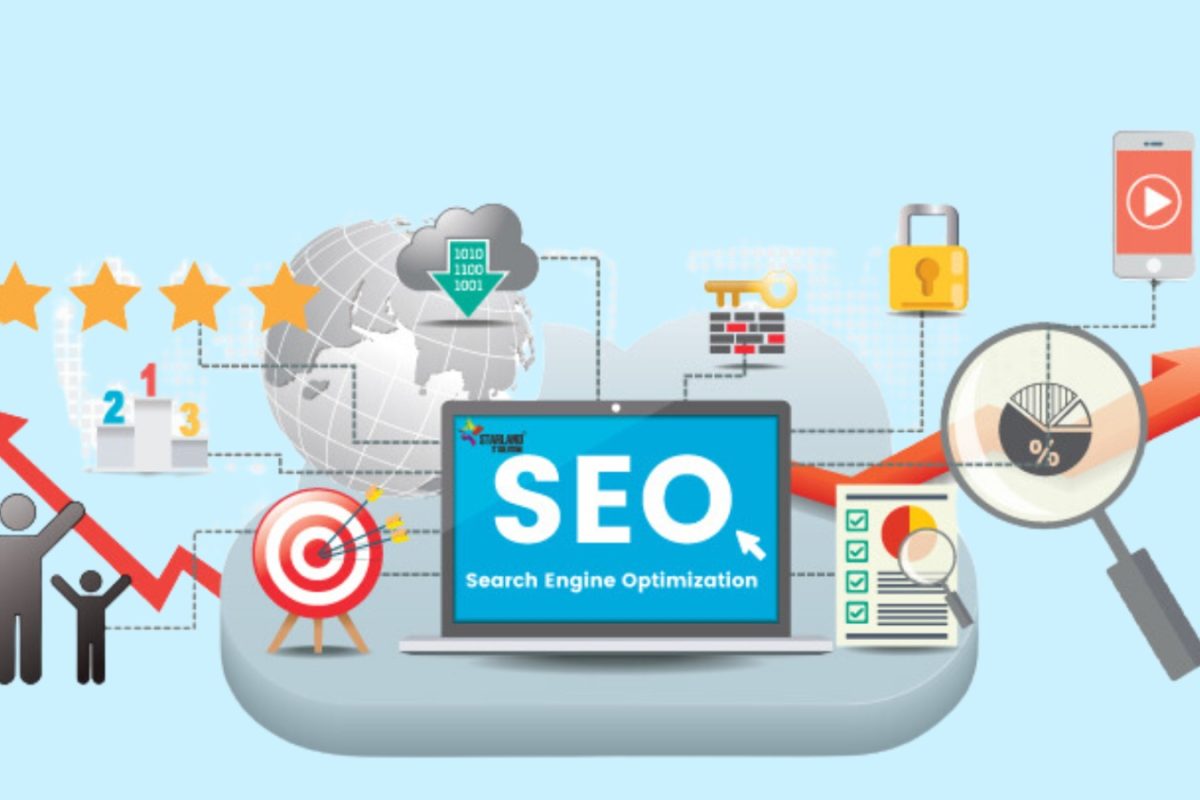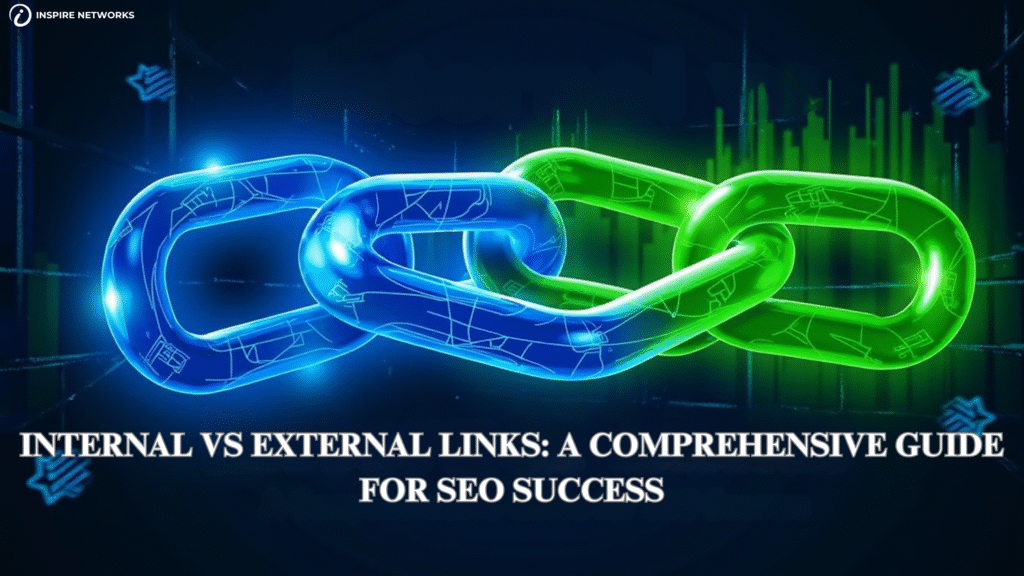In the vast world of the internet, where tons of content flood every digital corner, getting noticed on search engines is tougher than ever. Both large enterprises and small businesses encounter challenges when trying to distinguish themselves in the saturated online landscape. Add the complexity of AI, paid advertisements, and ever-evolving search algorithms into the mix, and a question arises: Is SEO losing its effectiveness?
The clear answer is No.
SEO, which stands for Search Engine Optimization, is not just surviving but is becoming even more important in future marketing plans. Why? It’s simple. People’s habits online keep changing, everyone is always looking for new stuff, businesses want to talk to specific groups, and most importantly, Google is really committed to giving users what they’re looking for.
So, despite all the challenges, SEO is not going away. It’s still a crucial tool for businesses to get noticed online. Instead of fading away, SEO is adapting to the changes online, staying strong as a key part of effective digital marketing.
The Persistent Significance of SEO:
SEO remains an essential element in any robust B2B marketing strategy, consistently proving its value over time. Rather than a singular action, SEO constitutes a collection of strategies converging to form a potent approach. These strategies encompass diverse tasks, ranging from selecting the most fitting keywords to enhancing website structure and refining page load speeds.
At the heart of SEO lies the E-E-A-T framework—Experience, Expertise, Authority, and Trust—a concept originating from Google’s Search Quality Evaluator Guidelines. It acts as a benchmark for Google to assess a webpage’s value, with a higher E-E-A-T score substantially increasing the likelihood of achieving favorable rankings in search results.
The newest addition to the E-E-A-T criteria is Experience, acknowledging that expertise alone doesn’t guarantee firsthand experience in a given field. The Experience ranking seeks to identify the individuals or companies behind a brand and the real-life encounters that influence their products, services, decisions, and more.
Expertise involves showcasing the depth of knowledge reflected in the content, demonstrating a comprehensive understanding of the subject matter. Authority focuses on substantiating that others acknowledge this expertise, often manifesting in backlinks, endorsements, or shares from other reputable figures or websites. Trust encompasses the credibility and reliability of a website, emphasizing factors like security, user-friendly navigation, and transparency regarding intentions and affiliations.
By adhering to the principles of E-E-A-T, marketers can craft content that aligns with Google’s algorithms, ultimately enhancing SEO performance.
Why Is SEO Still Relevant?
The necessity for consumers to discover new brands persists:
At the core of every online search lies a fundamental need—whether it’s the desire to explore, learn, make a purchase, or simply delve into something new. The key to unlocking this discovery process is B2B SEO. Google, with its powerful algorithms, is dedicated to serving end users, aiming to help them uncover brands and find answers to their queries. Therefore, SEO remains a crucial player in the realm of brand marketing, acting as a tool that caters to the requirements of both search engines and users.
This user-centric approach seamlessly aligns with the fundamental principles of SEO. Rather than merely satisfying algorithms, SEO tactics are crafted to ensure that content addresses the needs of the audience. In this mutually beneficial relationship, SEO continues to be an integral component of the brand marketing landscape, aiding brands in optimizing their online presence to be found by consumers and aligning with Google’s mission of delivering search results centered around user needs.
Content remains pivotal:
In the digital content domain, the adage persists: Content is king. B2B content, in its diverse forms such as articles, videos, podcasts, social media posts, and more, serves as the primary vehicle for conveying information, eliciting emotions, and fostering connections in the digital realm. With the advent of technologies like GPT-4 and other large language models, the volume of content is on an upward trajectory. While this may seem like an inundation of information, SEO steps in to make content discoverable, relevant, and meaningful. Consequently, SEO’s significance will only amplify as the content landscape expands. Effective SEO ensures that the right content reaches the right audience at the right time, preventing valuable information from being lost in the vast digital expanse.
In this context, SEO empowers the reigning content, ensuring that its rule is both effective and meaningful. By employing key principles such as keyword research, on-page optimization, link building, and technical SEO, this strategy tailors content to the audience’s needs and preferences.
The need for brands to connect with consumers persists:
Brands inherently seek to connect with consumers, and as the digital landscape evolves, this connection takes on new forms and utilizes new mediums. However, the ultimate goal remains constant. SEO serves as the tool that assists brands in decoding search intent, understanding what prospects are searching for, and engaging with them effectively.
Operating on the principle of relevance, SEO guarantees that the content a brand produces seamlessly aligns with the queries and concerns of its target audience. This alignment lays the foundation for brands to forge deeper connections with consumers. By delivering the information, solutions, or experiences consumers are seeking, brands transcend being mere vendors and transform into reliable sources of value.
SEO provides brands with insights into consumer behavior, preferences, and trends. By analyzing keywords, search patterns, and user engagement metrics, SEO furnishes brands with a comprehensive understanding of their audience. This comprehension enables brands to develop content, products, or services that strike a chord with their customers, thereby fostering significant connections.
As technology advances, the number of digital touchpoints between brands and consumers continues to proliferate. Whether through a blog post, an e-commerce product page, a social media update, or an email newsletter, each interaction holds the potential to strengthen the brand-consumer bond. SEO aids brands in maximizing this potential, ensuring that every touchpoint delivers relevance, value, and engagement.








